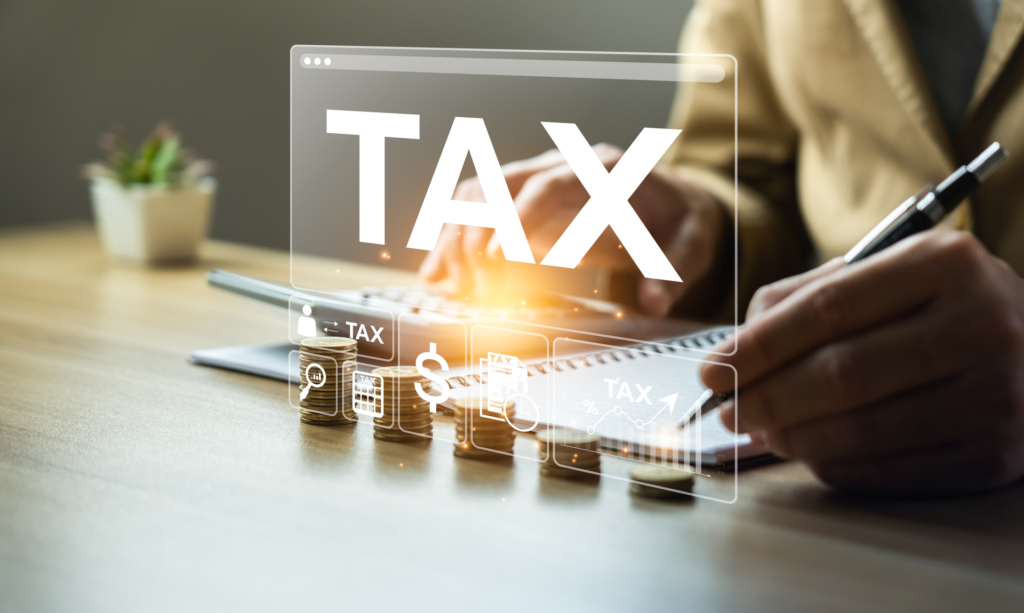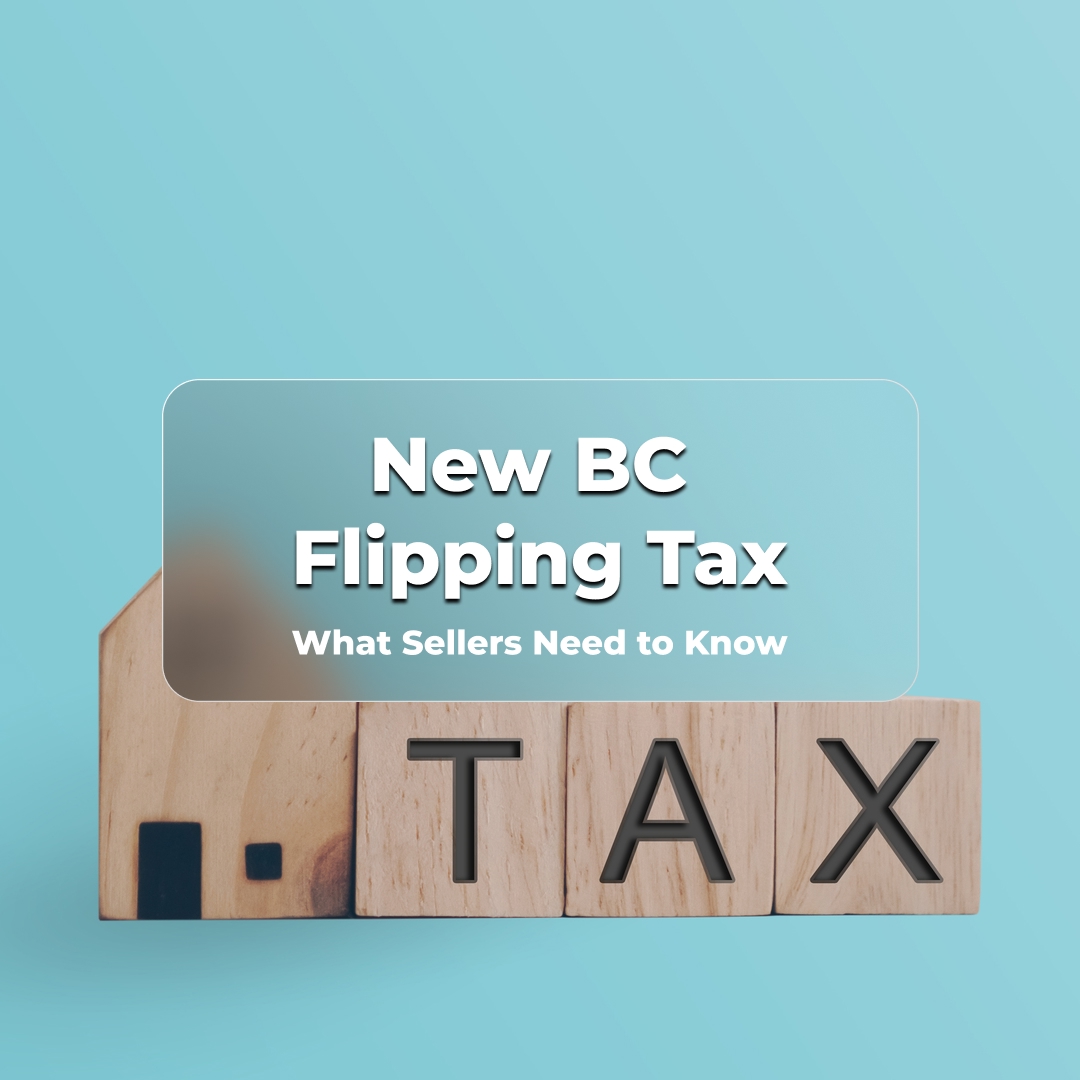The British Columbia government has introduced a new flipping tax to curb speculative real estate activity and stabilize housing prices. On the other hand, if you are an investor or a homeowner planning to sell your property, understanding how this tax works is crucial. Here’s what you need to know about the new BC Flipping Tax and how it could impact your sale.
What is the BC Flipping Tax?
The BC Flipping Tax is a new measure designed to discourage quick property resales for profit. It applies to homes bought and sold within a short period, ensuring that real estate remains accessible for long-term homeowners rather than short-term investors looking for quick gains.

Who Does BC Flipping Tax Affect?
This tax primarily targets house flippers- individuals or businesses that purchase homes, make quick improvements, and sell them at a higher price within a short time frame. However, it may also impact regular sellers who need to sell their homes sooner than expected.
How Much is the BC Flipping Tax, and When Does it Apply?
The flipping tax applies on a sliding scale based on how long the seller has owned the property:
- If sold within 12 months of purchase, a higher tax rate will be applied to the profit.
- If sold between 12 to 24 months, the tax rate gradually decreases.
- After 24 months, the tax no longer applies.
Moreover, the exact tax rate depends on the government’s final policy details, but the goal is to discourage short-term property speculation
Are There Any Exemptions?
Yes, certain situations may qualify for exemptions from the flipping tax. These include:
- Personal hardships such as job loss, divorce, or medical emergencies.
- Relocation for work, where the seller is required to move for a new job.
- Family changes such as the birth of a child or the need to accommodate aging parents.
- Newly built homes where the seller is the original owner.
As a result, it’s essential to check with a real estate professional or tax advisor to see if you qualify for an exemption.
How Can Sellers Minimize the Impact of the BC Flipping Tax?
If you’re planning to sell your home and are concerned about the flipping tax, consider these strategies:
- Hold onto the property longer to avoid the tax entirely.
- Consult a real estate expert to explore timing strategies and potential exemptions.
- Plan if you’re purchasing a property to ensure you won’t need to sell quickly.
Conclusion
In Summary, the BC Flipping Tax is set to change the real estate market by discouraging short-term investments and stabilizing housing prices. Whether you’re an investor or a homeowner, understanding the tax implications before selling can help you make informed decisions. If you need expert advice on selling your home or navigating these changes, contact Monika Beheshti at Beheshti Homes today.





